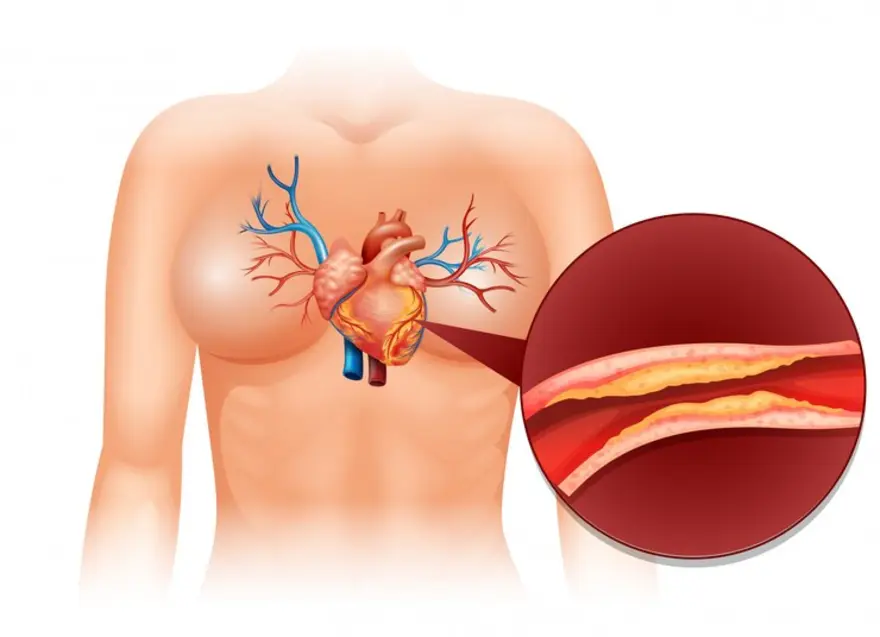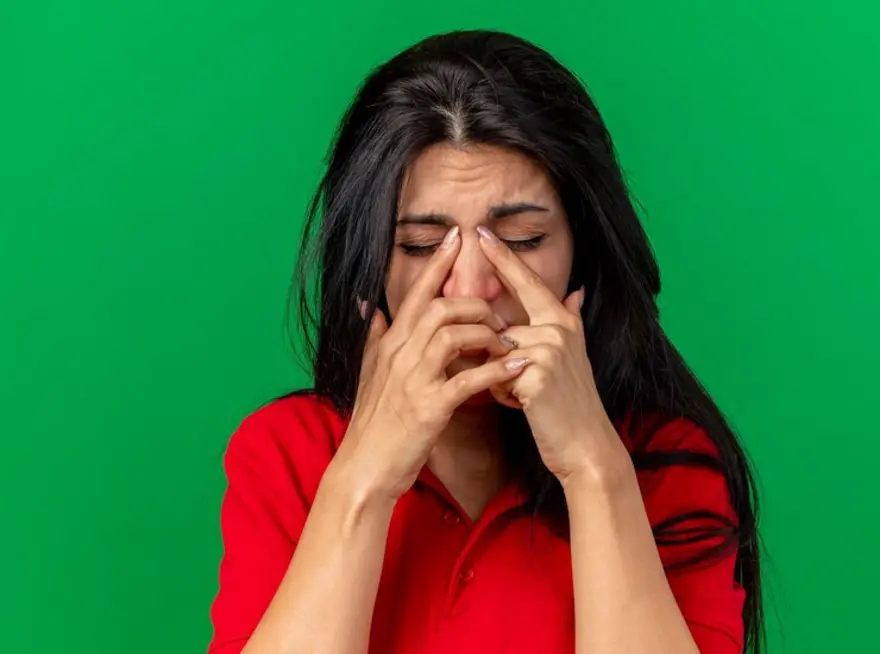stress testing
Burnout is Real. Expert Tips to Stay Away from Burnout
What is burnout? Burnout is a state of emotional, physical and mental exhaustion that results due to excessive and prolonged stress. You may feel overwhelmed, emotionally drained, too tired, and unable to meet your professional and personal asks. Effects of burnout spread to every area of life As the stress continues, a person affected with burnout may begin to lose interest and motivation that prompt most of us to play a certain role in the first place. It reduces productivity, leaving you feeling procrastinated, helpless, hopeless, cynical and resentful. After all, it may feel like you have nothing more to offer. This impacts your home, work and social life. Burnout can also cause long-term changes in your body that make you vulnerable to illnesses like colds and flu. Because of its many consequences, it is important to deal with burnout immediately. Chronic stress and burnout can disrupt your vital health numbers. Book a comprehensive health check now. You may be on the way to burnout if Every day is a bad day Work or household life seems like a total waste of energy Feeling tired all the time Most of your time is spent on tasks that seem either mind-numbing or overwhelming Feeling like everything you do doesn't matter or is even appreciated Physical symptoms of burnout Feeling drained and tired Frequently catching illnesses Chronic headache or muscle pain Changes in sleep habits, sleeplessness or excessive sleep Emotional signs of burnout Self-doubt Loss of motivation Feeling disconnected with others Feeling of defeat Developing a negative outlook Decreased sense of accomplishment Detachment Feeling helpless Behavioural signs of burnout Avoiding priority tasks and responsibilities Start using alcohol or drug Taking frustration on others Start making distance from others Less of accountability Procrastinating Causes of burnout Someone who is overworked- a hard worker who hasn't taken a break in years, a stay-at-home mom who does extensive household chores, and takes care of an aging parent, is more likely to get burnout. Burnout doesn't just occur due to stressful work, lifestyle and personality characteristics also contribute. In fact, what you do in your downtime and how you perceive the world can play just as big a role in causing extreme stress as the demands of work or home.1. Work related causes Lack of self-control Lacking appreciations Unclear job expectations Doing unchallenging work High pressure environment of working Long working hours over time 2. Lifestyle causes Working too much without relaxing Lack of emotional support Taking so many responsibilities, without any help from others Lack of sleep Finding you way to deal with burnout Be mindful of your mental health. Your mental health is the key driver of your performance and may cause you to get slow and less productive at work. Learn how you can help yourself recover from burnout and feel healthier and more positive by changing your directions.Researchers have found that if you follow the 3R approach, you can easily deal with burnout. Recognise: Make efforts to identify the warning sign of burnout Reverse: Undo the damage by seeking support from your loved ones and find ways to cope up with stress levels Resilience: Take care of your emotional and physical health. Tips for dealing from burnout Seek support from the right people: Burnout may cause problems to seem insurmountable and everything looks bleak. Social contact is the fastest way to calm your nervous system and relieve your stress. Try to reach out to your closest ones Be more sociable Make distance from negative people Nurture your genuine contacts Reframe your mindset: If you feel that the work you are doing is no longer giving you the same happiness as before, take some time out for yourself. Try to find aspects in the job that can make you happy. Look for balance in your professional and personal life Make some friends at job place Take a break from work for some time Understand your priorities: Take time to rethink about your hopes, goals, and dreams. Have you been neglecting something that is really important to you?This phase of burnout could be an opportunity to slow down, rediscover what really makes you happy, and give yourself time to rest, reflect, and heal. Learn how to say no Creative thinking Set time for relaxation Get enough sleep Support your energy levels with a balanced diet: What we eat has a huge impact on our lives. Unhealthy diet can result in lowering your energy levels: Minimise sugar consumption Avoid too much alcohol Avoid smoking Eat more good fats (nuts, seeds, etc.) and reduce bad fats (refined oil, packaged food items, etc.) Some of the studies have found vitamin D deficiency was more commonly found in people experiencing anxiety and low energy levels. Book a health test to check vitamin D levels here. Make yoga and exercise a priority: Meditation and exercise help in reducing your stress level in the best possible way. Aim to exercise for 30 minutes or more per day. A 10 minutes’ walk can charge your mood. You feel the sensation through your body. For example, when air touches your skin. Feel the moment and try to separate yourself from any negative, overwhelming thoughts. Burnout is a gradual process. It doesn't happen overnight, it can creep up gradually on you. Signs and symptoms may be subtle at first, but tend to get worse over time. If you pay attention and actively reduce your stress, you can prevent a major breakdown. Ignoring the symptoms will eventually cause you to enter the vicious cycle of helplessness.
 Home Visit
Home Visit Upload
Upload















 WhatsApp
WhatsApp